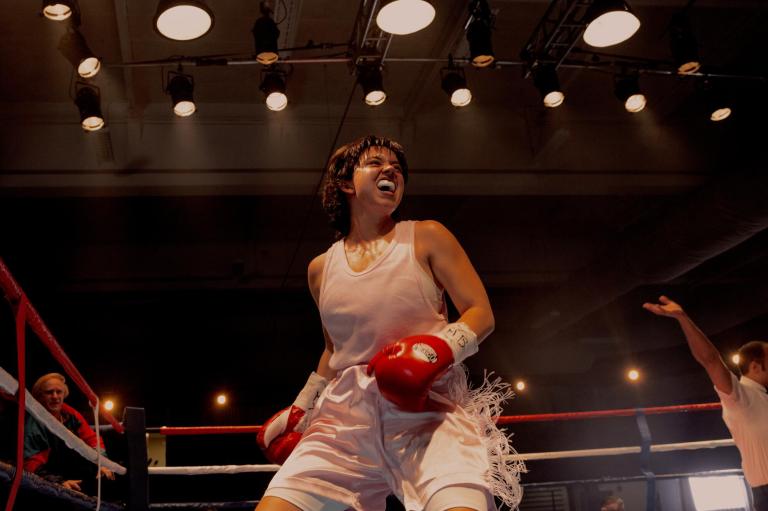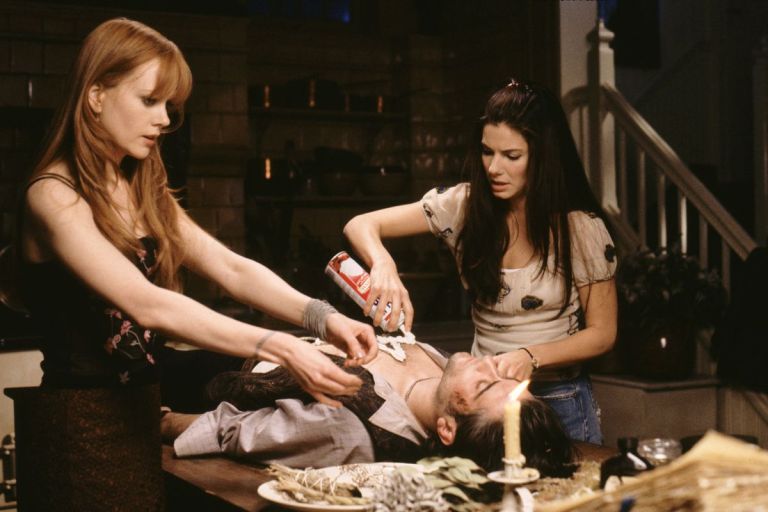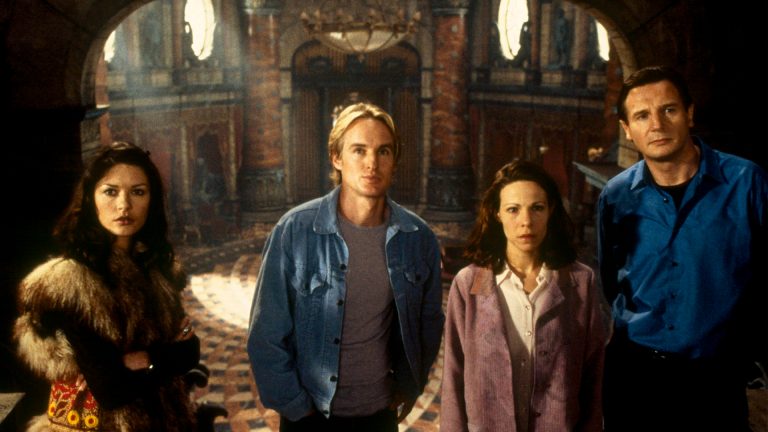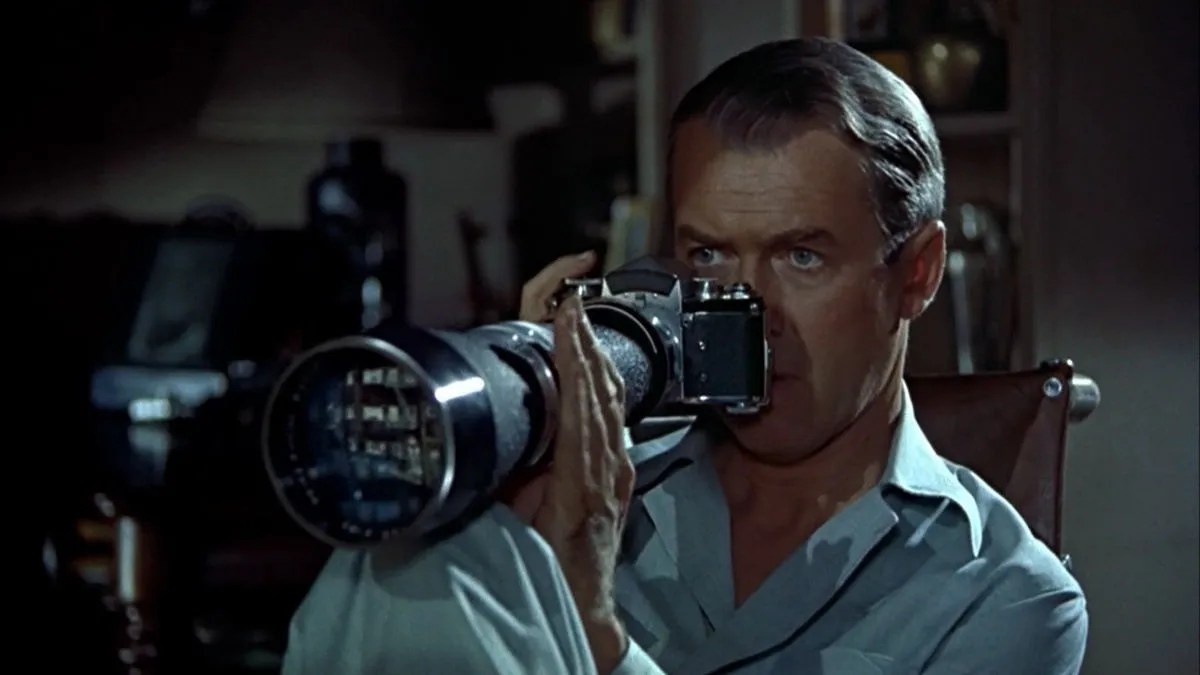
The 7 Best Alfred Hitchcock Movies, Ranked
From sweeping spy thrillers to prototypical slasher films, here are some of the greatest movies from the Master of Suspense.
From sweeping spy thrillers to prototypical slasher films, here are some of the greatest movies from the Master of Suspense.
To this day, it’s difficult to think of a director whose fame or popularity surpasses Alfred Hitchcock’s. As one of the most iconic directors of his generation, Hitchcock fundamentally changed the nature of filmmaking, introducing numerous experimental techniques commonly used in the industry to this day. Along with his impressive technical achievements, Hitchcock also perfected the art of constructing suspenseful narratives, as seen through his momentous work on movies like Vertigo, Strangers on a Train, and Rear Window, among many others.
From sweeping spy thrillers to prototypical slasher films, here are some of the greatest movies from the Master of Suspense, ranked in order from worst to best.
7. North by Northwest (1959)
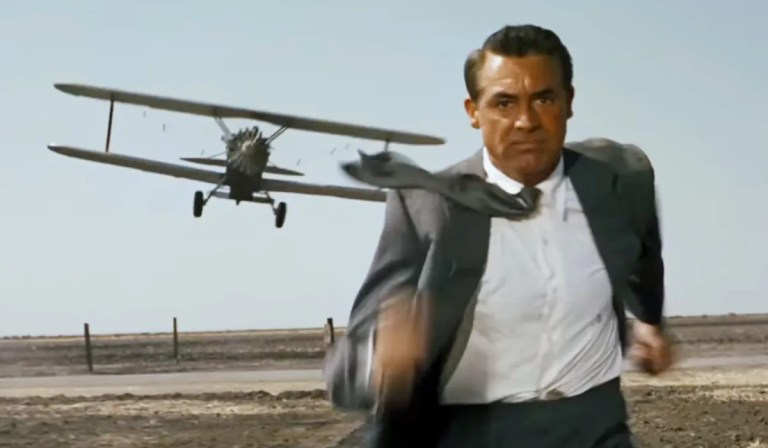
Many of Hitchcock’s best films incorporated the notion of wrongful accusations and mistaken identities, but few films pulled these concepts off as dazzlingly as North by Northwest. The fourth and final collaboration between Hitch and his recurring star Cary Grant, North by Northwest brilliantly explores the espionage genre with its simple but effective narrative. At times laugh-out-loud funny and at other points punctuated with heart-stopping suspense, North by Northwest’s epic scope and entertaining tone makes it one of the finest spy films ever put to the screen.
6. Strangers on a Train (1951)
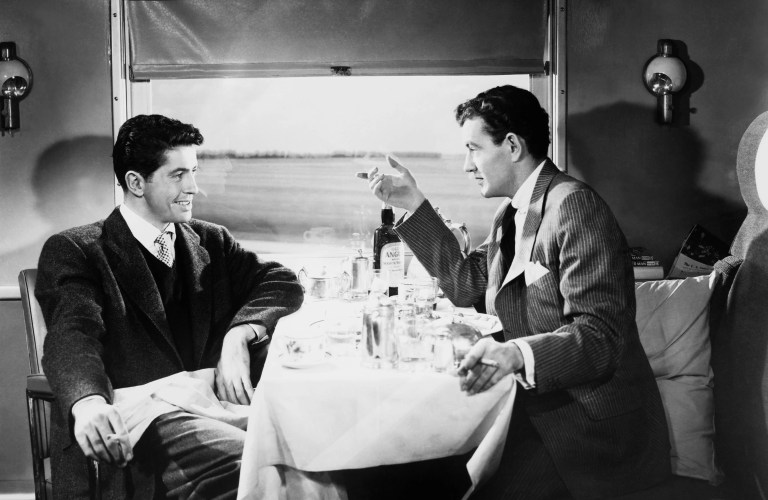
One key quality that made almost every Hitchcock movie so great came rooted around their narrative feasibility. With Strangers on a Train, audiences couldn’t help but imagine themselves in the hapless hero’s shoes, facing constant harassment, threats, and murderous blackmail by Robert Walker’s deranged, patricidal killer, Bruno Antony. A chilling thriller that showed off Hitch’s deft handling of suspenseful subject matter, it’s a film that continues to hold up as one of Hitchcock’s absolute strongest efforts.
5. The Birds (1963)
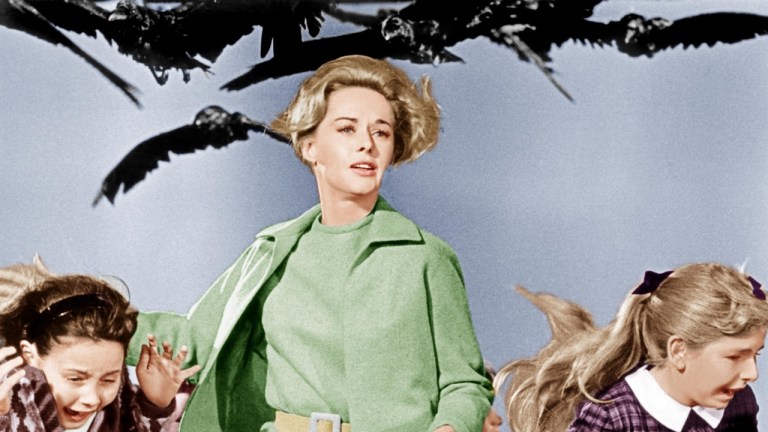
Just as Steven Spielberg managed to terrify audiences with his portrayal of man-eating sharks in Jaws, Hitchcock accomplished a similarly impressive feat with his 1963 natural horror film, The Birds. Reframing everyday avians like crows and seagulls as unstoppable killing machines, The Birds forced audiences to look up in terror once they heard rapid fluttering overhead. Influencing countless horror movies from Jaws and Piranha to Arachnophobia and Crawl, it’s rightfully considered one of Hitch’s most endearing films, terrifying audiences to the same degree as it had over 60 years ago.
4. Psycho (1960)
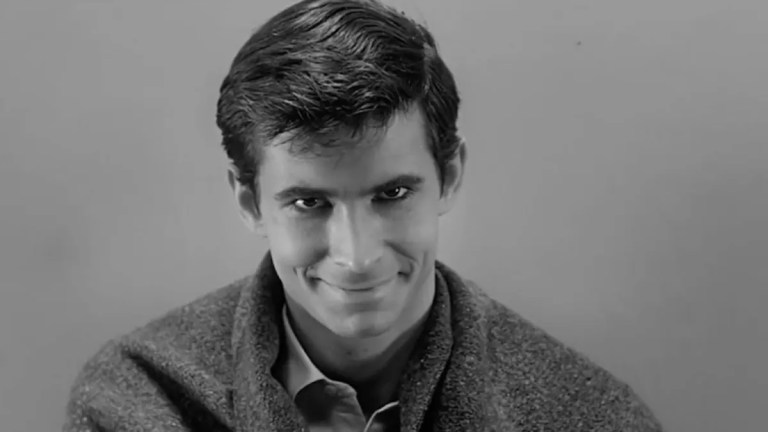
Critics and astute film scholars continue to debate whether Psycho might be classified as the first official slasher film. No matter what, it remains clear that Hitchcock introduced numerous cinematic characteristics that came to be closely associated with the slasher genre, from its memorably unhinged main villain to its shockingly abrupt murder sequences. Veering right whenever you expect the plot to be headed left, Psycho’s plot twist-heavy narrative catches viewers’ repeatedly off-guard, leaving us all to wonder what secrets might lie in the enigmatic walls of the Bates Motel.
3. Notorious (1946)

On the surface, spies and love stories might not seem like the most effective combination, especially when you consider the casual romantic escapades of charismatic gentleman agents like James Bond or Austin Powers. Interestingly, Hitchcock managed to pull this creative combination off with his stunning 1946 thriller, Notorious. With Cary Grant and Ingrid Bergman maintaining wondrous chemistry throughout, this slick spy film marked a dramatic turning point for the 46-year-old Hitchcock, ensuring his successful transition from a talented genre director into a visionary filmmaker of endless creative potential.
2. Rear Window (1954)
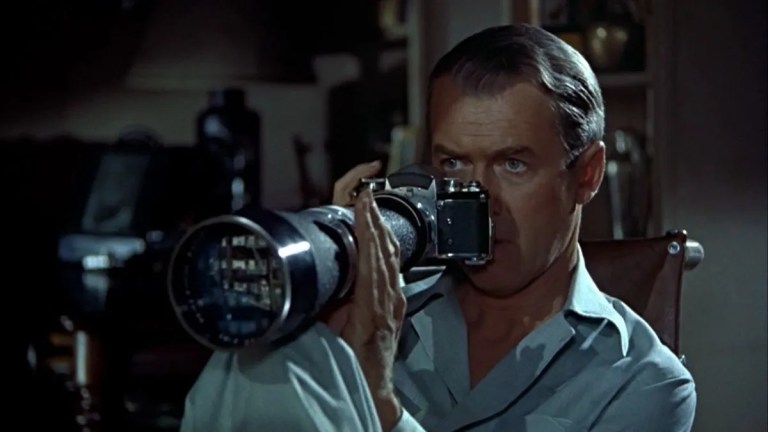
Mocked, referenced, and lampooned in everything from The Simpsons to That ‘70s Show, Rear Window’s favored place in pop culture should tell audiences all they need to know about this riveting 1954 noir film. Confining his main narrative to a single location, Hitchcock somehow uses Rear Window’s limited setting to heighten its cinematic tension, paving the way to an increasingly claustrophobic thriller of the highest quality imaginable.
1. Vertigo (1958)
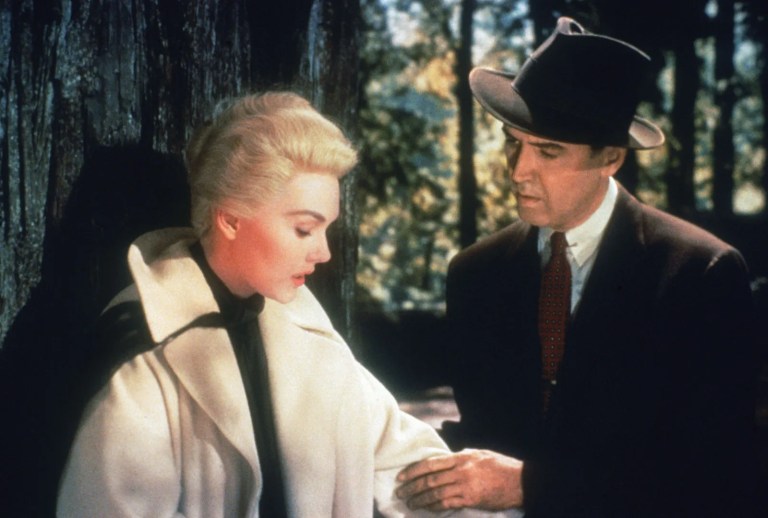
The fact that Vertigo grossed mostly mixed reviews back in 1958 is nothing short of an artistic tragedy. A movie well ahead of its day and age, contemporary critics continue to cite Vertigo as Hitchcock’s ultimate masterpiece. An intense labor of love from Hitchcock’s more than capable hands, Vertigo strikes a remarkable balance between its simplistic story and memorable visuals, evoking a dreamlike tone that borders on outright surrealism. Influencing countless young filmmakers like David Lynch and Brian De Palma, it’s an unforgettable Freudian thriller that’s as narratively arresting as it is stylishly directed, leaving little reason to wonder about its iconic status today.
